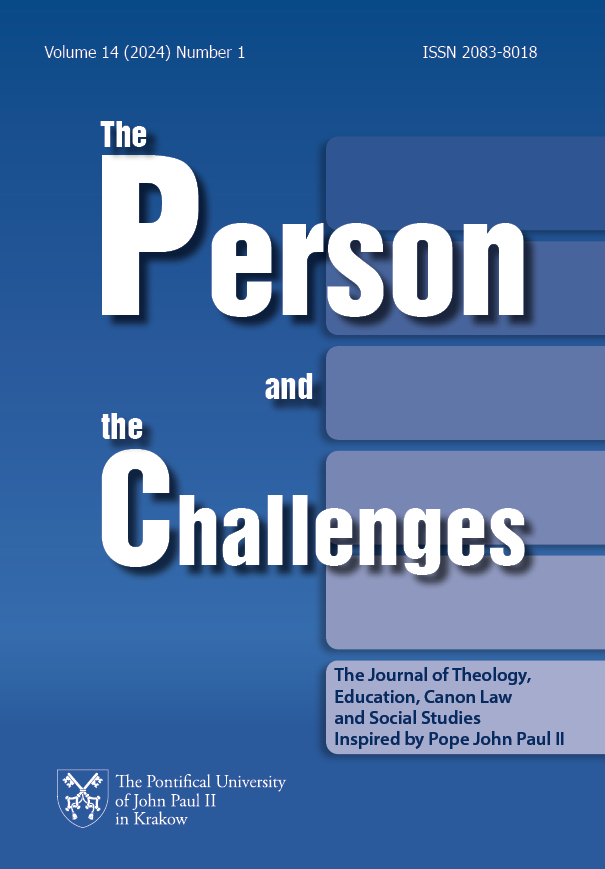Volunteering and Catholicism in Europe. The Inside Perspective Part 2: Empirical
DOI:
https://doi.org/10.15633/pch.14113Słowa kluczowe:
volunteering, civil society, CatholicismAbstrakt
In the paper we analyse the social activity practices of Catholic persons, as a set of individual and collective action emerging from the Catholic identity and – to more or less extent – structuralised under the Church-related formal non-profit initiatives. The purpose of the study is to clarify: (1) to what extent the Catholic unpaid social activities of different kinds could be classified as forms of volunteering and (2) to what extent the third sector definitions of volunteering are included in specific Catholic activities. Three tendencies have been observed with respect to not including religion-oriented volunteering in voluntary studies. Firstly, while using tools for collecting data adequate for the secular world, researchers face methodological difficulties to successfully cover social activities organized in parishes and congregations. Secondly, a reductionist approach reflects the ideological-rooted tendency to treat religion as a matter of private life. Thirdly, some religious-based entities tend to keep social activities of the believers within the Church-related circle. From the Catholic perspective, volunteer engagement represents an important aspect of faith-based every day activities, the so-called lived religion. At the same time, social engagement of believers provided within the Church-related entities, as well as outside them, usually fulfils all main features of volunteering. The relation between volunteering and religion is to be referred not only to the general position of faith-based and religious organizations in the public sphere, but also to the embeddedness of religious life in the society, as in fact both religion and volunteering are categories social per se. We illustrate our reflection on volunteering and Catholicism by presenting empirical evidence from the 2018 panel expert research among representatives of 29 Catholic Bishops Conferences across Europe.
Bibliografia
Archer M.S., Realist Social Theory, Cambridge 1995, Cambridge University Press.
Archer M.S., Being Human: The Problem of Agency, Cambridge 2000, Cambridge University Press. DOI: 10.1017/CBO9780511488733.
Collier A., On Christian Belief. A Defence of a Cognitive Conception of Religious Belief in a Christian Context, London 2013, Routledge.
Porpora D., Archer M., and Collier A. (eds.), Transcendence: Critical Realism and God, London 2004, Routledge.
Pobrania
Opublikowane
Numer
Dział
Licencja

Utwór dostępny jest na licencji Creative Commons Uznanie autorstwa 4.0 Międzynarodowe.
Autorzy publikujący w czasopiśmie udzielają jego wydawcy zgody o następującej treści:
- Autor zachowuje autorskie prawa majątkowe do utworu, a jednocześnie udziela wydawcy czasopisma zgody na jego pierwszą publikację w wersji drukowanej i wersji online na licencji Creative Commons Uznanie autorstwa 4.0 Międzynarodowe oraz zgody na wykonywanie opracowań, w tym przekładów.
- Autor ma możliwość udzielania zgody niewyłącznej na opublikowanie utworu w wersji, która ukazała się w czasopiśmie (np. zamieszczenia go w repozytorium instytucjonalnym lub opublikowania w książce), wraz z informacją o jego pierwszej publikacji w czasopiśmie.
- Autor może umieścić swój utwór online (np. w repozytorium instytucjonalnym lub na swojej stronie internetowej) jeszcze przed zgłoszeniem utworu do czasopisma.

